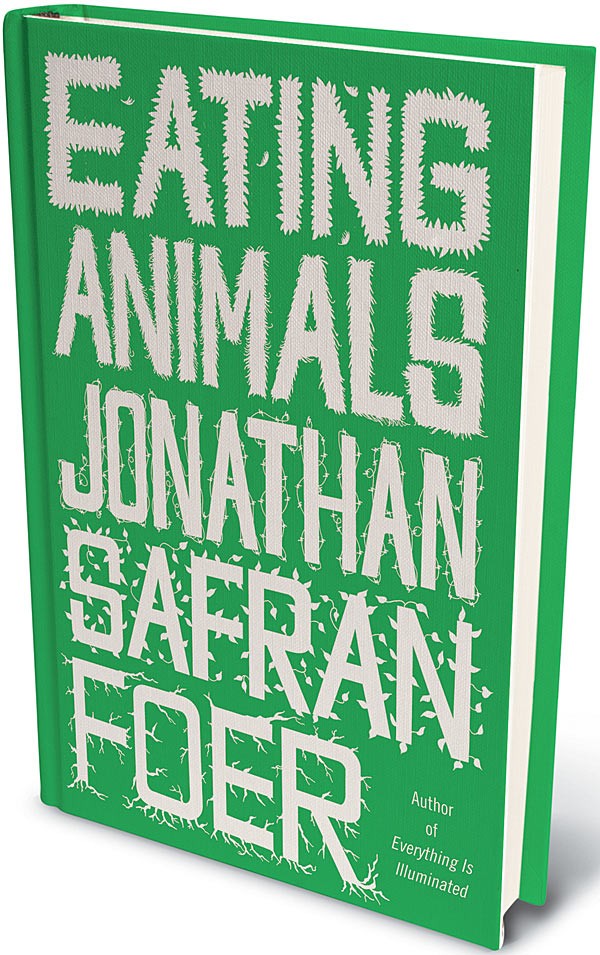 I got an email from my mother regarding my post last week about being the bad cop in the father-daughter relationship:
I got an email from my mother regarding my post last week about being the bad cop in the father-daughter relationship:
Loved your article in Kvell. I think it takes being a parent to be able to somewhat understand what your parents went through. Just remember the time flies...in the blink of an eye they grow up sooo quickly!!! Enjoy and cherish every moment with them. Much love, Mom
As much as I wince, there
are a lot of things that move too fast. I watch our baby rolling around and crawling (yeah, that's right! at 4 months, suckas!) and I'm reminded of all the things our older daughter doesn't do anymore -- things I'd once loved and relied on and depended on her doing forever. How she used to scratch at my paisley and try to stand up while holding onto my payos. How she'd try to suckle on my nose.
But the truth is, there's a lot of shit that they do that I'm never going to forget...and most of that stuff has to do with poop.
My wife and I never went in for that "whose turn is it" routine. For one thing, when our first child was an infant we were both alternately knocked out from sleep deprivation (her from feeding, me from coaxing the baby to sleep and then not being able to sleep myself)--so we resigned ourselves to the simple rule that, whoever could stand without falling,
they would have to change the nappy. Now that I have (ahem) a full-time job, we've sort of evolved: My wife does the nighttime stuff, and I wake up with the kids, handing over the torch when I have to catch the subway. It's efficient, but it's also sort of awful: This tag-team parenting pretty much assures us that all four of us are never awake, functioning, and just hanging out at any time during the week.
And, in that tag-off, more often than not, the only communication we have goes along the lines of:
- how big a particular cucky* was,
- what color (or colors) it most closely resembled,
- how bad it smelt,
- and the exact amount of time spent cooing or tickling or teasing (or letting her suck my nose) it took to forget about the trauma and remember that we had just created a bundle of gooey goodness.
When I
became Orthodox, one of the weirdest inclusions I had to make in my life was the blessing that you say after going to the bathroom. Yes, that's right: Suddenly I was confronted with the idea that not only do I say a blessing on every food that goes
into my body, I'm also supposed to bless whatever comes out
. I don't think I ever understood it until I started changing nappies.
In the wake of my anxiety disorder, I would pretty much vomit at will. When I had to turn in a new draft of my book. When my parents called. When the bus was five minutes late. Whenever something happened that was out of my control, my body would react by losing control as well. And now I'm holding this creature who's just learning her way around her body, figuring out how to move her fingers one by one and to put herself to sleep without crying and how to, well, piss and shit. In a weird, raw way, it is a miracle. The blessing is one of the longer ones, way longer than "Thank you God for making bread."
If one of our openings should close, or if one of our organs which is closed should open, it would be impossible to stand before You. It's the barest fact of our existence: the only reason humanity exists in the first place is by the most tenuous combination of neutrons interacting with each other, holding all our cells together in a human-shaped shape. Keeping together the parts that are supposed to stay together. Excreting out the rest.
As I mop my kid's tushy, cleaning off the parts of her food that don't get assimilated into her body, I know that her body took care of the important part. Somehow, it knows how to separate the important stuff, vitamins and proteins and stuff, from this gunk. I'm just doing the grunt work.
But I'm okay with that.
_________
* -- Our word for
shit. I still haven't determined whether it's Yiddish or Australian; all I know is that we grew up calling it a B.M.






















